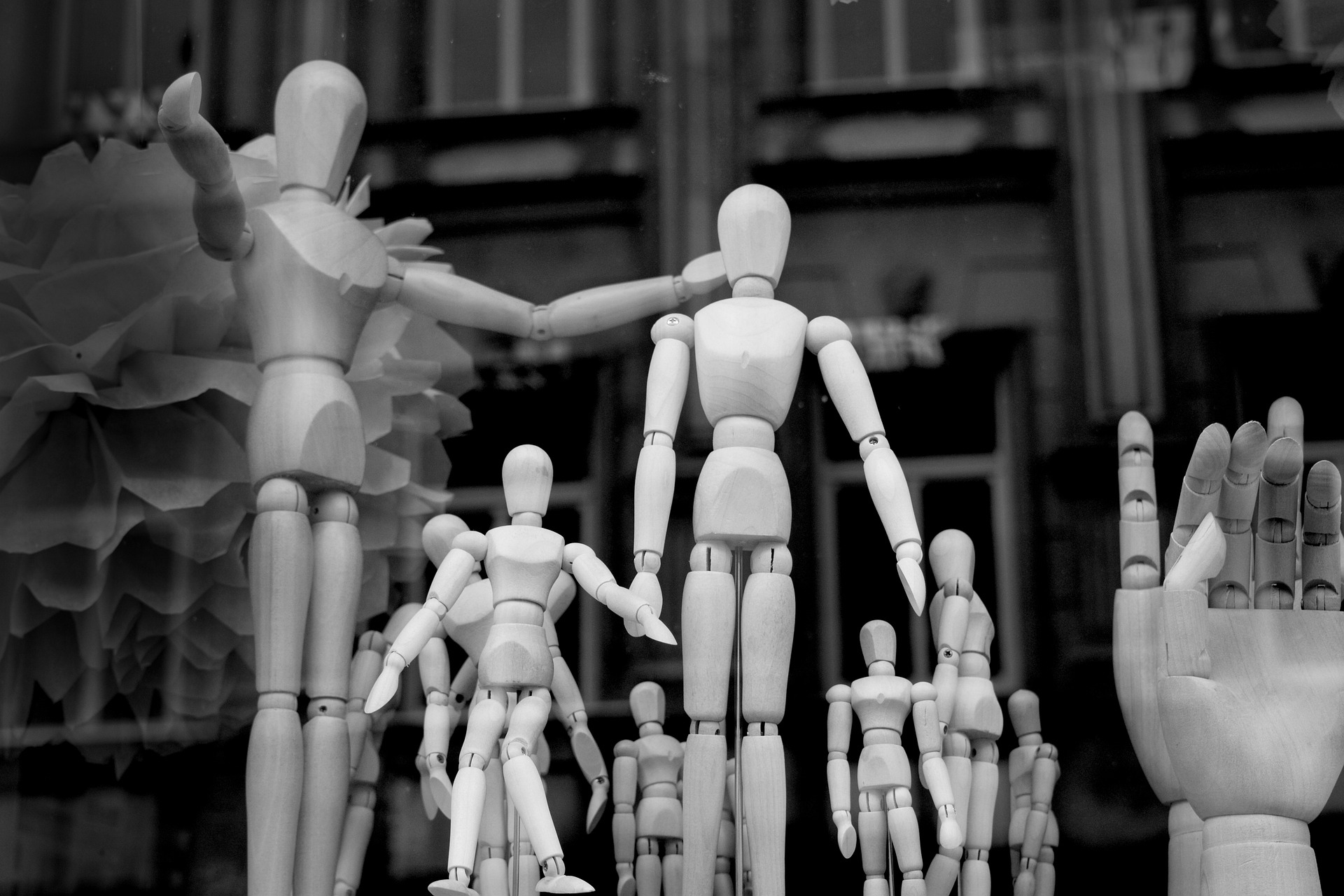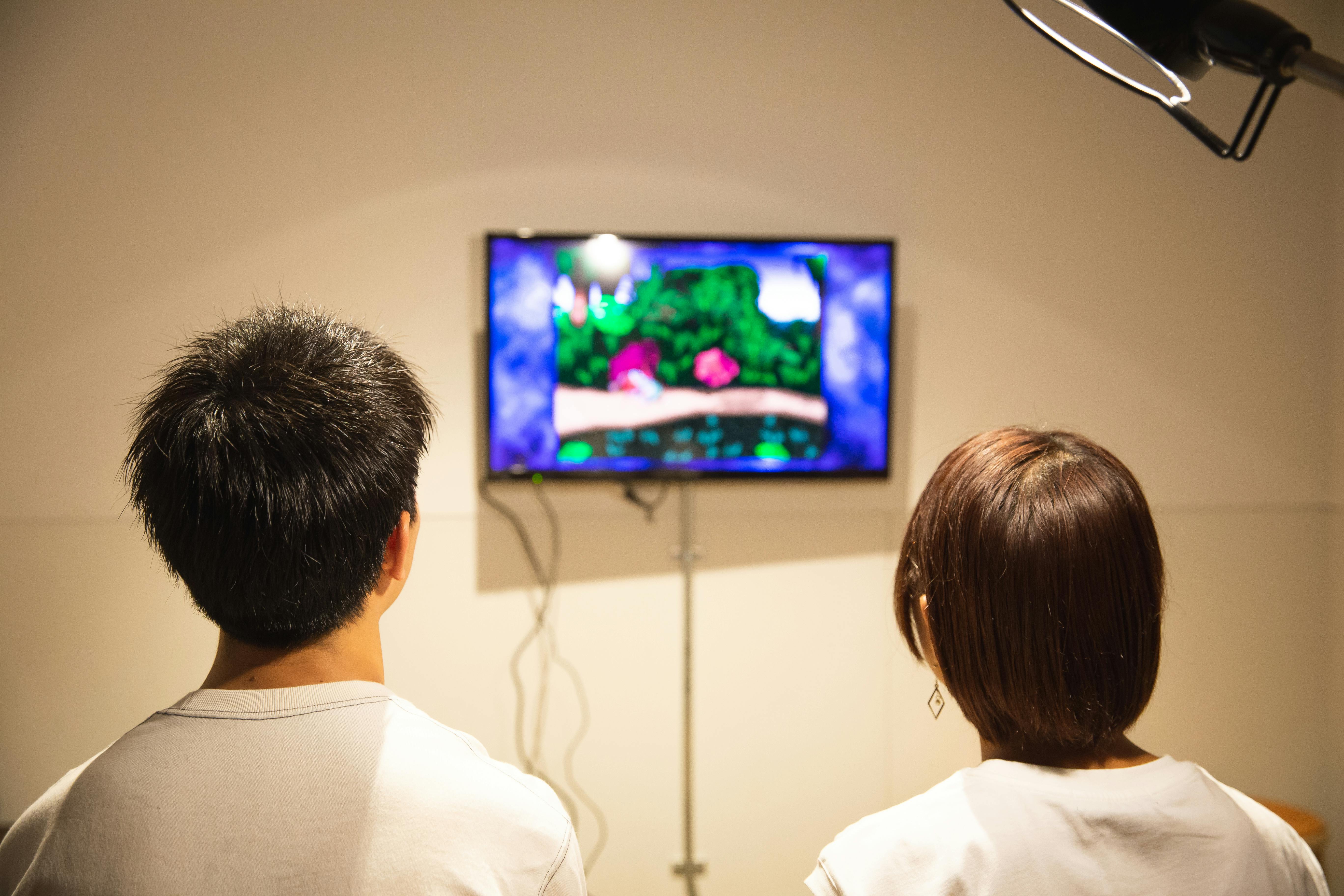Reimagining the Modern Workplace: Shifting Dynamics & Societal Implications
In the last decade, the traditional definition of a workplace has been reimagined and transformed. This evolution, driven by technological advancements and societal shifts, has given rise to a new landscape that continues to shape our understanding of work, productivity, and collaboration. Read below to discover how this shift is reshaping modern society.
The Birth and Evolution of the Modern Workplace
The workplace as we know it today was shaped by the Industrial Revolution in the 18th and 19th centuries. Factories and offices became the central hubs of productivity, and traditional roles and structures were established. However, the advent of the internet, followed by the proliferation of digital technologies, has disrupted this traditional model. Today, work is no longer confined to physical spaces or traditional hours, leading to the emergence of ‘the modern workplace.’
The Rise of Remote Work and Its Societal Impact
The concept of remote work was once an outlier in the world of employment, but it has now become a mainstream practice. The COVID-19 pandemic accelerated this transition, forcing businesses across the globe to adapt to remote work models. This shift has not only changed the way we work but also influenced societal norms and expectations around work-life balance, productivity, and employee wellbeing.
The Gig Economy: A New Paradigm of Employment
Parallel to the rise of remote work is the surge of the gig economy. Independent contractors, freelancers, and ‘gig workers’ are becoming a significant portion of the workforce, challenging the traditional employment model. This trend is reshaping our understanding of job security, career growth, and financial stability, with both positive and negative implications for workers and society at large.
The Intersection of Technology and Workplace Culture
Technology plays a central role in the modern workplace, facilitating communication, collaboration, and productivity. However, it also introduces new challenges, such as digital fatigue and cyber threats. Moreover, the reliance on technology has led to a rethinking of workplace culture, with an increased emphasis on digital literacy, cybersecurity awareness, and maintaining human connections in a virtual environment.
Future Prospects: The Workplace of Tomorrow
The modern workplace continues to evolve, driven by technological advancements, societal shifts, and changing employee expectations. As we look to the future, the boundaries between work and life may blur further, and the definition of a ‘workplace’ may continue to transform. Research indicates that flexible work models are likely to persist, changing the face of urban development, transportation, and even family dynamics.
In conclusion, the modern workplace is more than a physical space or a set structure of working hours. It’s a dynamic, evolving entity that reflects societal transformations and technological advancements. Understanding these shifts is crucial as we navigate and shape the future of work and its implications for our society.





